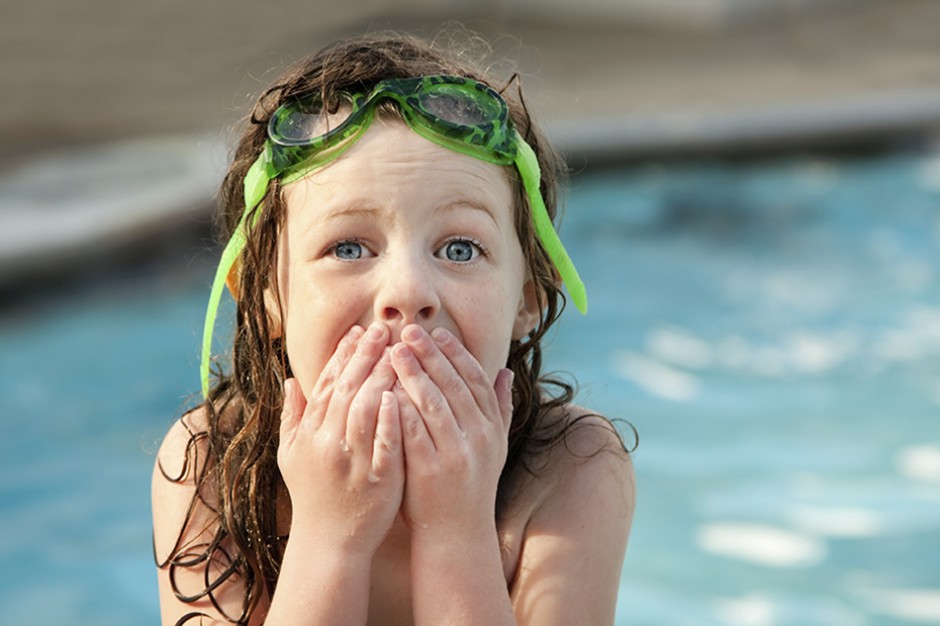
Winter isn’t just a good time to have your little swimmer swimming, it’s the perfect time!
Why?
• It keeps them exercising (which means fit) during the winter months
• It keeps the repetition of skills going so that they don’t have to get back into their groove when spring arrives.
• It maintains a healthy schedule. And we all know that keeping kids in a routine is important to their development.
Even with these benefits, some still believe that winter time swimming is not a good practice. We have some facts to dispute the myths that support these beliefs.
Myth #1:
There is nowhere to swim in the winter.
Supporting Fact #1:
There are plenty of indoor swimming venues, from public pools and indoor water parks and swim schools who offer open swim sessions.
Myth #2:
Swimming during cold weather causes the onset of colds.
Supporting Fact #2:
This is simply false. If children who are involved in winter swimming develop colds, it’s highly likely that the bugs were passed along by schoolmates or family members – or simply picked up from something they touched in a public place. The instance of colds is not higher among swimming kids.
The real fact is that swimming keeps the child physically fit. Physical fitness supports immune health. Swimming kids are less likely to pick up bugs than kids who aren’t exercising.
Myth #3:
Keeping up with swimming while busy school and holiday schedules are happening is too stressful for children.
Supporting Fact #3:
As noted in the benefits above, maintaining a routine is important for children. Not only do they find comfort in routines (it has to do with familiarity), children learn discipline and develop responsibility when they have to manage their time in order to do all the activities they want and need to do.
Myth #4:
We only swim where lifeguards are present, besides, I’m always there too. There is no need for my children to learn water safety as long as I know it.
Supporting Fact #4:
Children can quietly drown is mere minutes. Even lifeguards and parents who are “watching at all times” can miss a child going under for a few seconds. Children’s knowledge of water safety means that they know what to do if they become uncomfortable or fearful in the water.
Myth #5:
Learning Water Safety as babies or toddlers is just going to instill the fear of water in the children.
Supporting Fact #5:
Just the opposite is true. Learning water safety actually gives children confidence in the water and inspires a passion for becoming the best swimmers they can be. Read about one of the most famous examples of this – ever. Children who learn water safety do not become afraid of the water. What’s more, those who are afraid, learn to overcome their fears with water safety knowledge.


Conversations